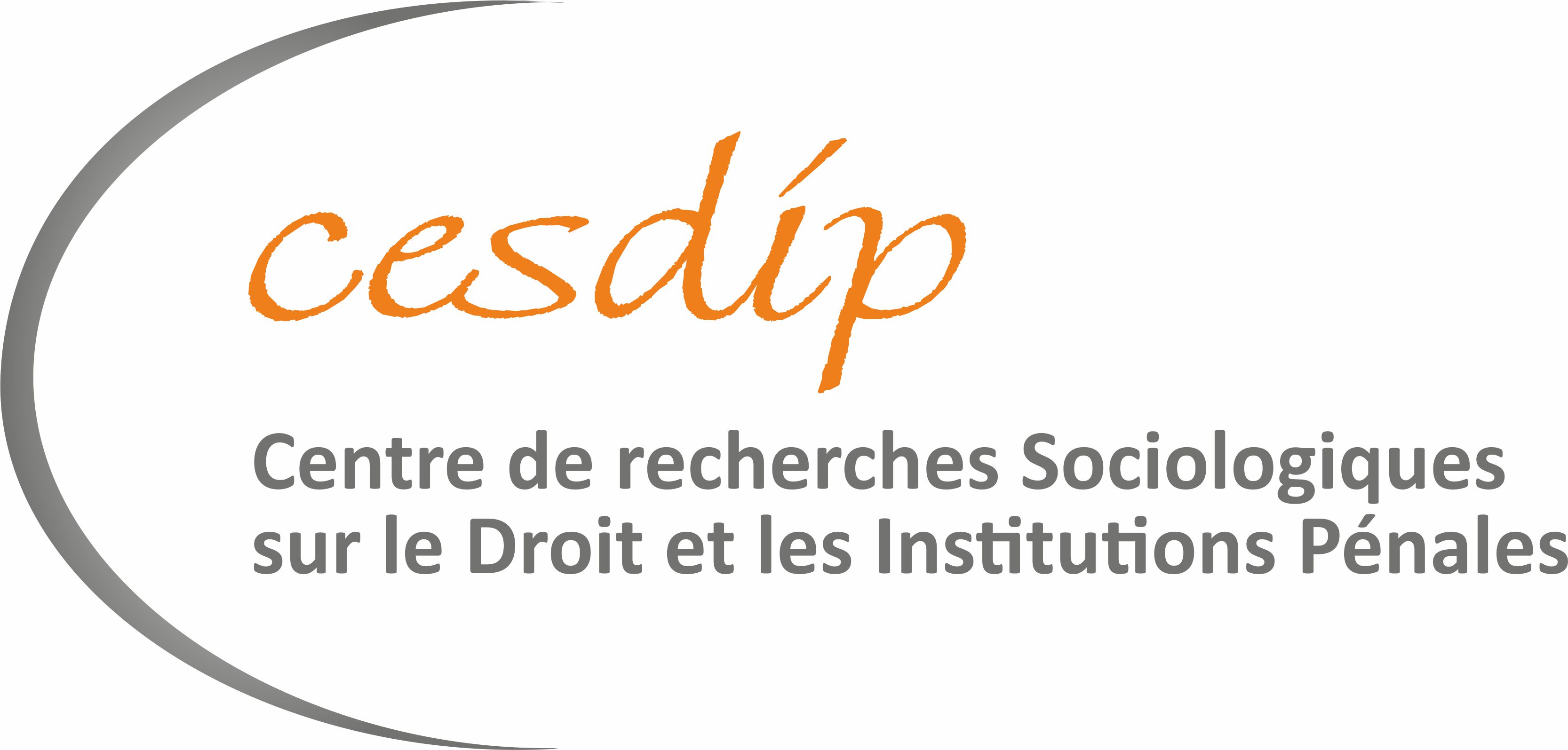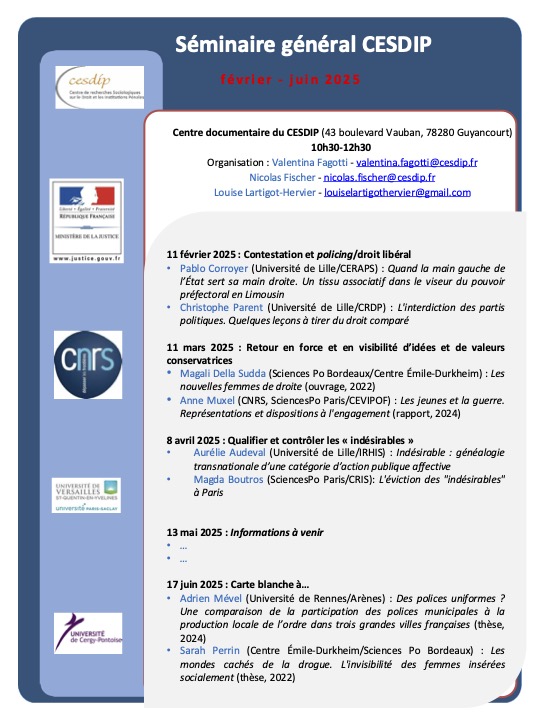 Résumé: Cet article est consacré aux enjeux analytiques et méthodologiques des recherches portant sur les questions policières, plus précisément sur les polices de sécurité publique. Pour entrer dans un monde traditionnellement rétif au regard extérieur et éviter de se trouver devant un discours convenu, il défend la pertinence de la démarche ethnographique et la combinaison, variable en fonction des objets de recherche, des observations et des entretiens. En s’appuyant sur l’expérience de deux projets de recherches antérieurs, l’article revient sur les difficultés posées par l’accès au terrain, de l’obtention de l’autorisation à la conduite de l’enquête. Pour répondre à ces obstacles, il discute trois dimensions centrales d’un travail de recherche : l’affinement des questions de recherches (ou le processus inductif de redéfinition des questions tout au long de l’enquête), l’utilisation combinée des entretiens et observations, et les liens entre niveaux micro, meso et macro.
Résumé: Cet article est consacré aux enjeux analytiques et méthodologiques des recherches portant sur les questions policières, plus précisément sur les polices de sécurité publique. Pour entrer dans un monde traditionnellement rétif au regard extérieur et éviter de se trouver devant un discours convenu, il défend la pertinence de la démarche ethnographique et la combinaison, variable en fonction des objets de recherche, des observations et des entretiens. En s’appuyant sur l’expérience de deux projets de recherches antérieurs, l’article revient sur les difficultés posées par l’accès au terrain, de l’obtention de l’autorisation à la conduite de l’enquête. Pour répondre à ces obstacles, il discute trois dimensions centrales d’un travail de recherche : l’affinement des questions de recherches (ou le processus inductif de redéfinition des questions tout au long de l’enquête), l’utilisation combinée des entretiens et observations, et les liens entre niveaux micro, meso et macro.
Abstract: This article is dedicated to the analytical and methodological issues involved in research on questions related to the police, and specifically public security police. To gain access into a world that is traditionally resistant to outsiders, and avoid ready-made discourse, the article argues for an ethnographic approach and a combination (depending on the research objects) of observation and interviews. Based on the experience of two previous research projects, this article looks at the difficulties in accessing this field site, from obtaining authorisation to conducting the research. It presents three central elements in overcoming these obstacles : refining the research questions (the inductive process of redefining questions over the whole course of the study), the combined use of interviews and observation, and the connections between the micro, meso, and macro levels.





